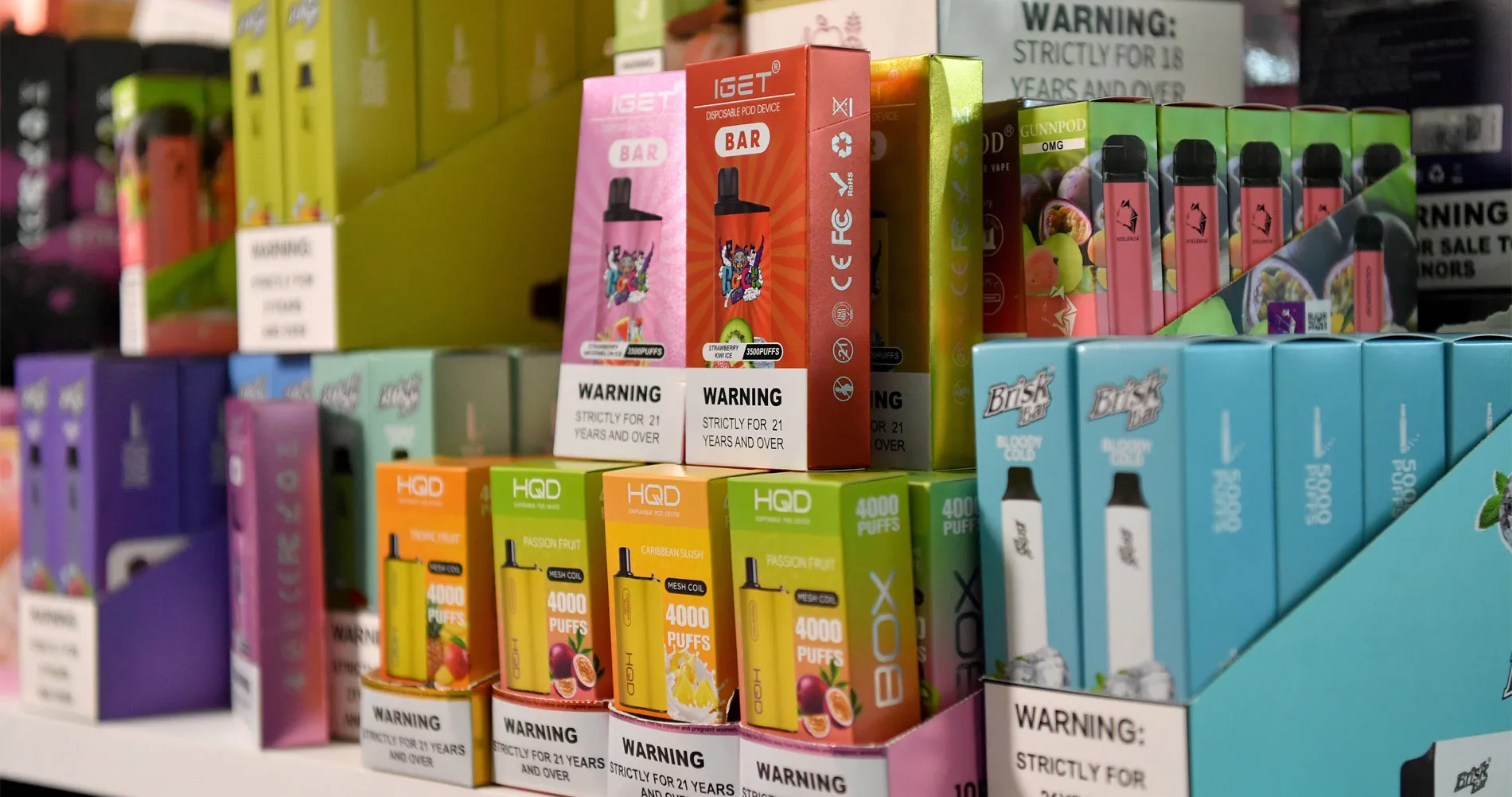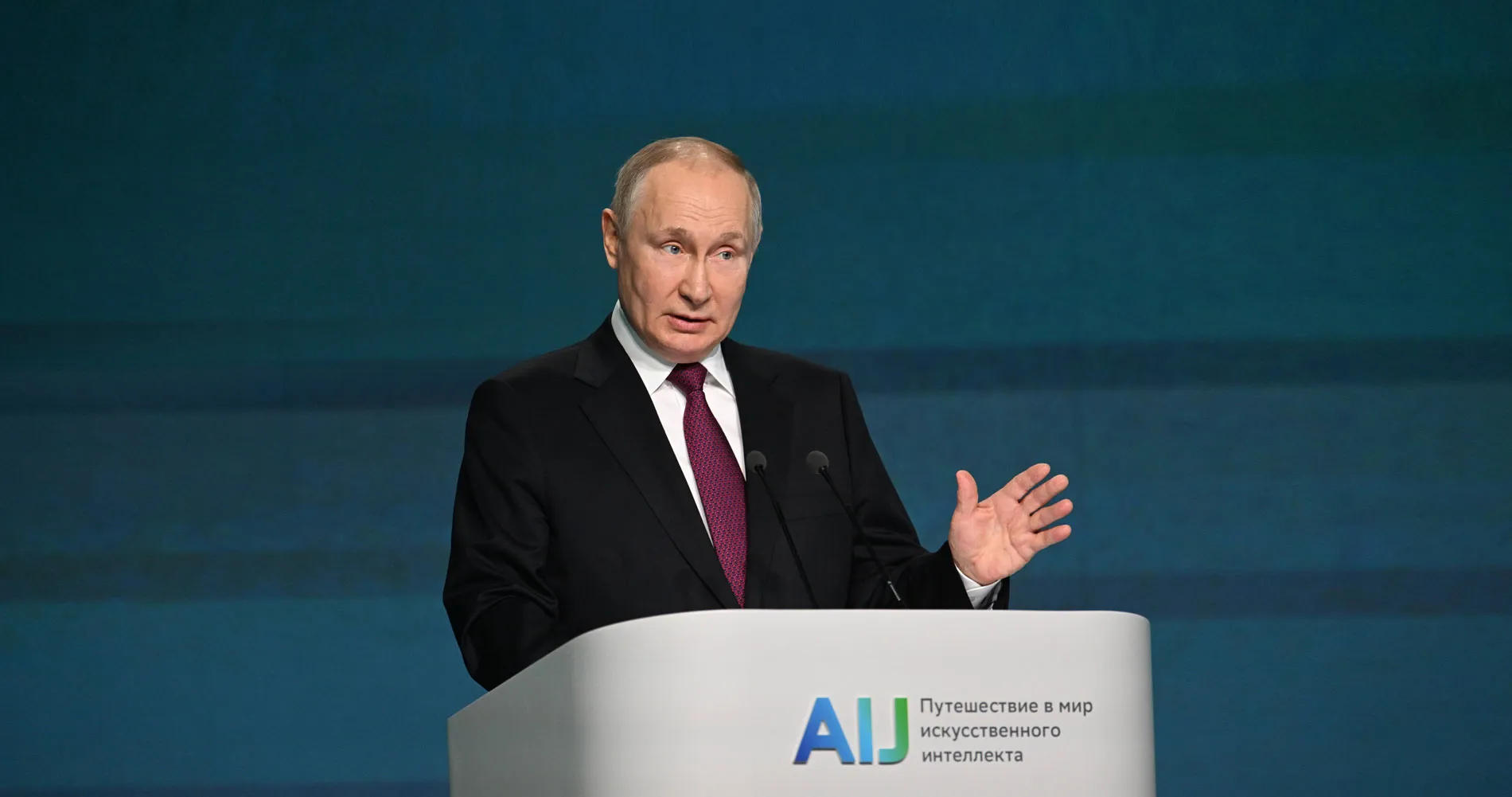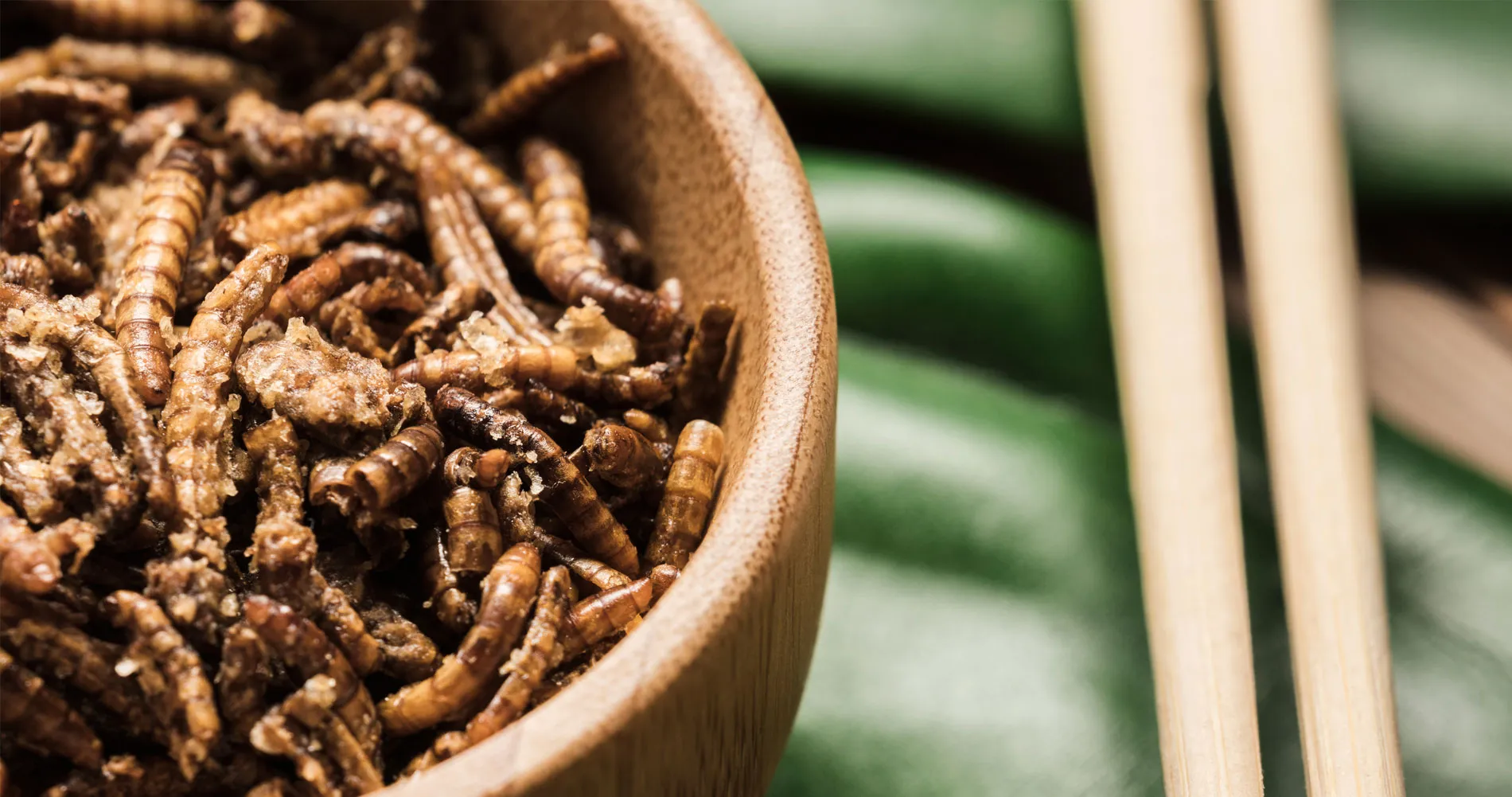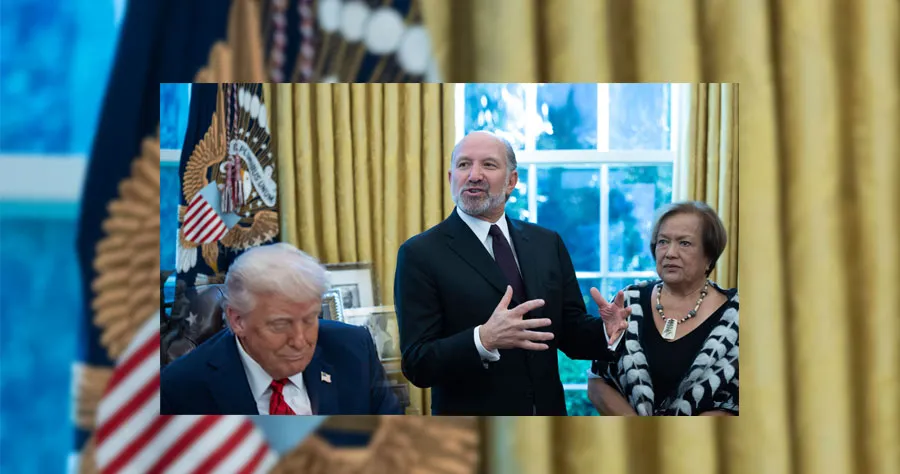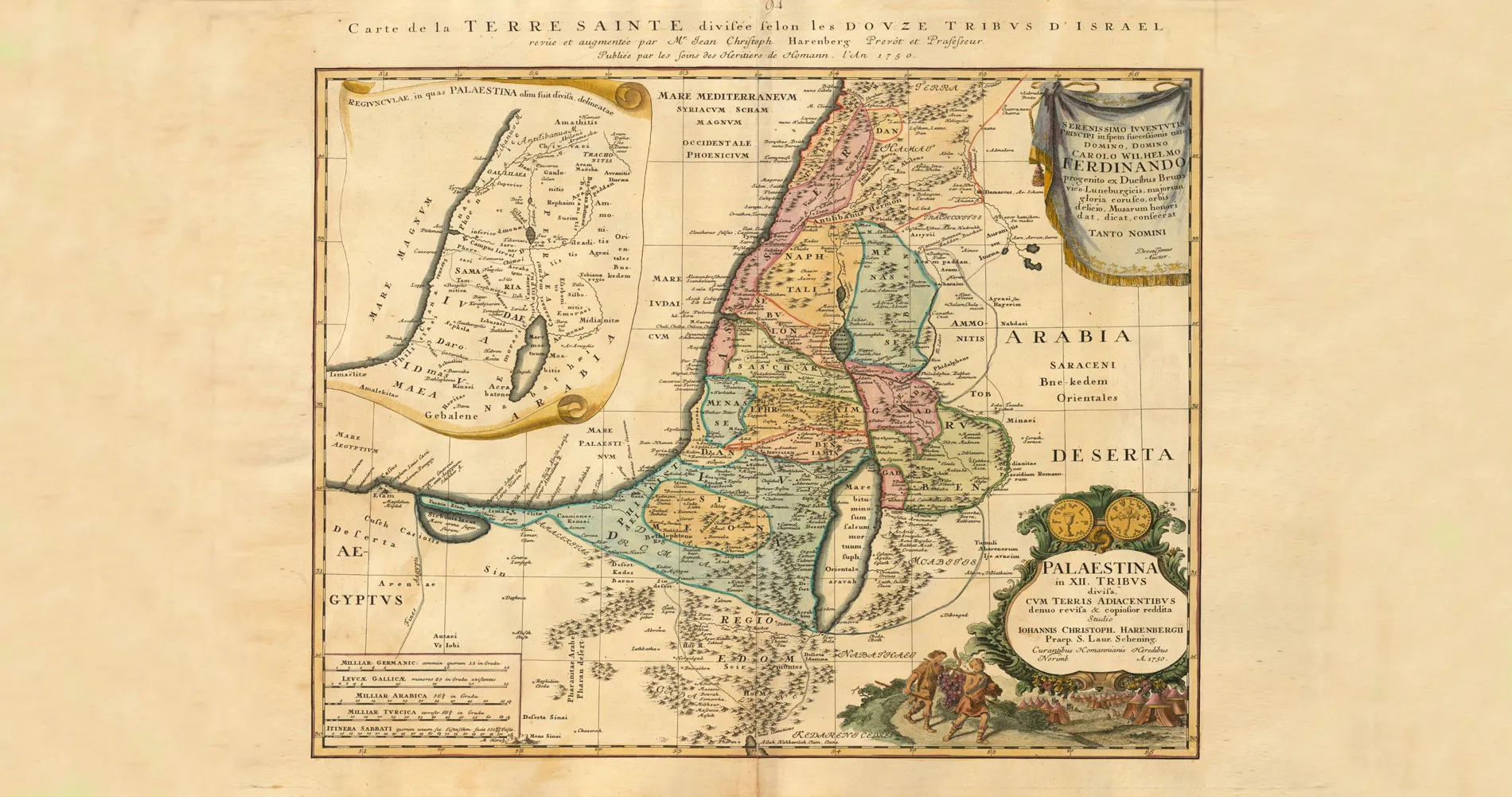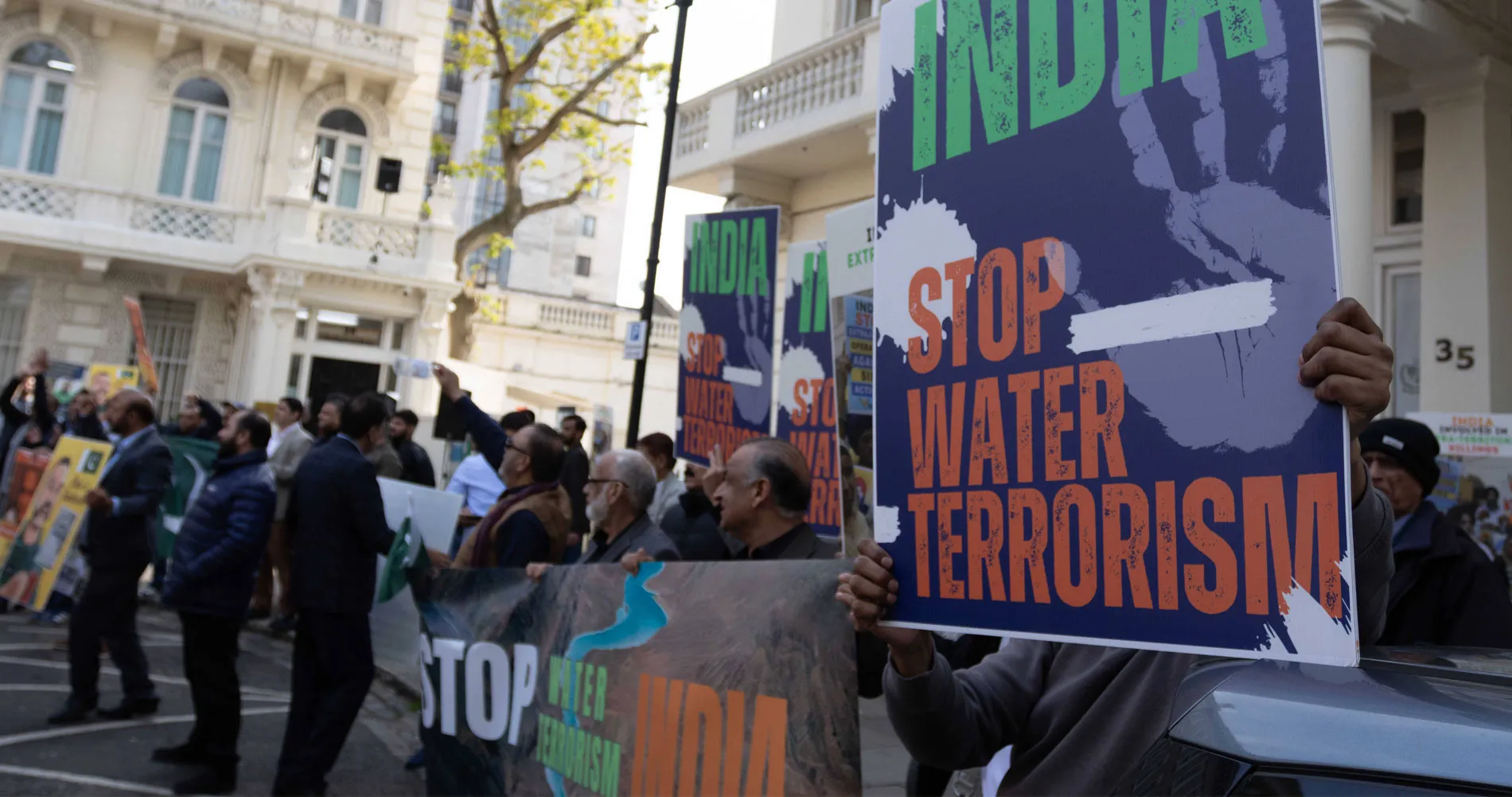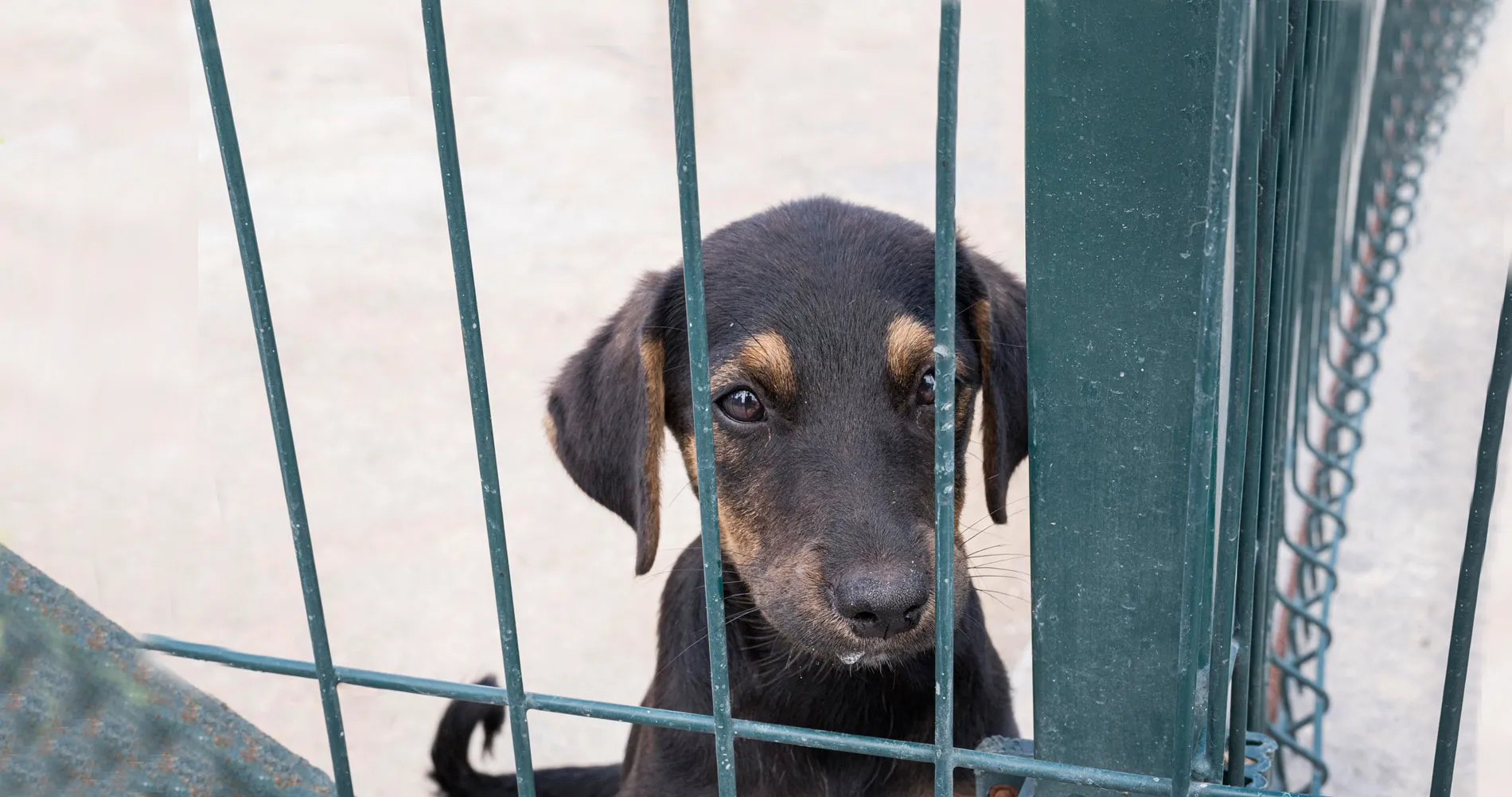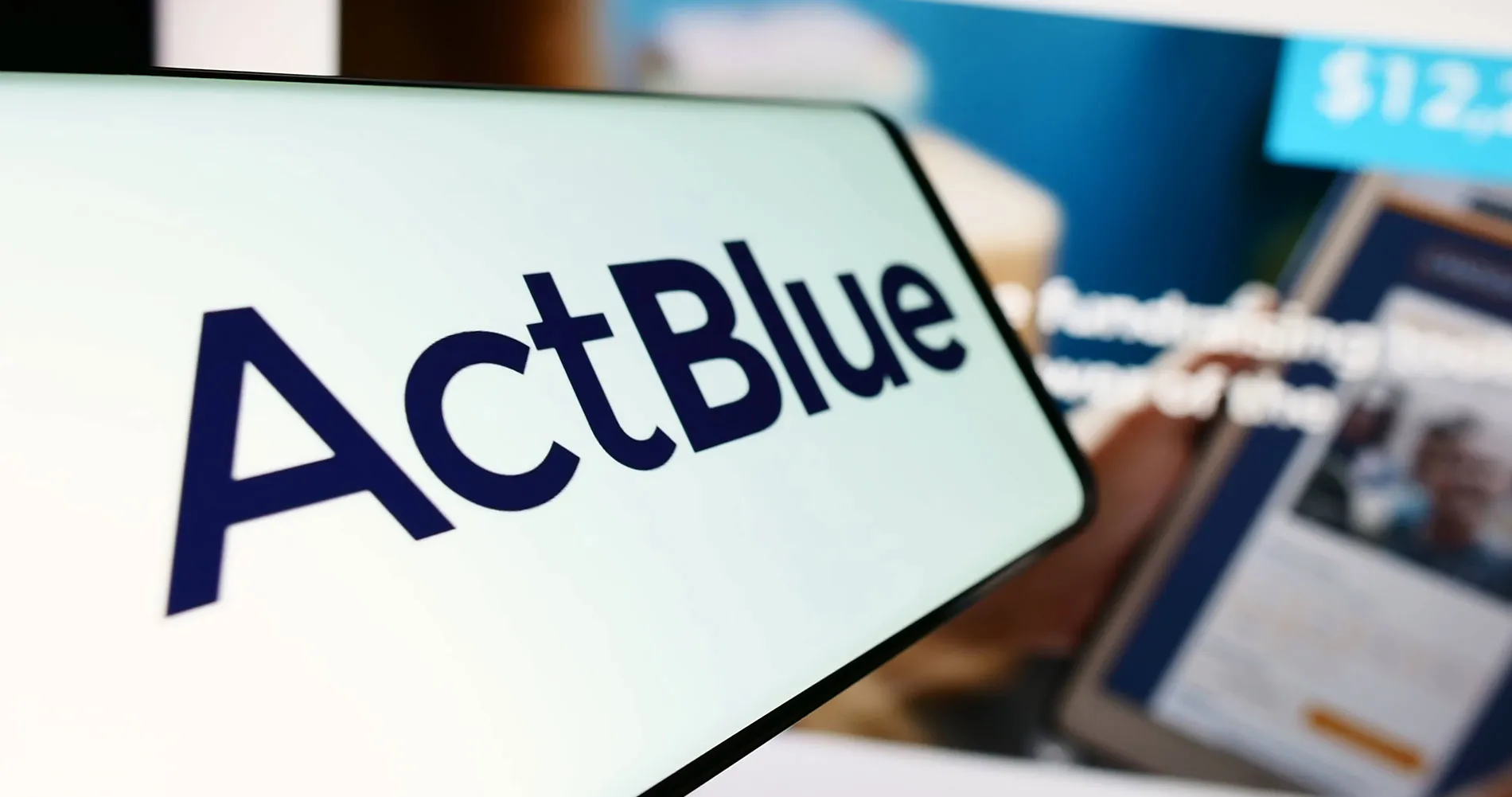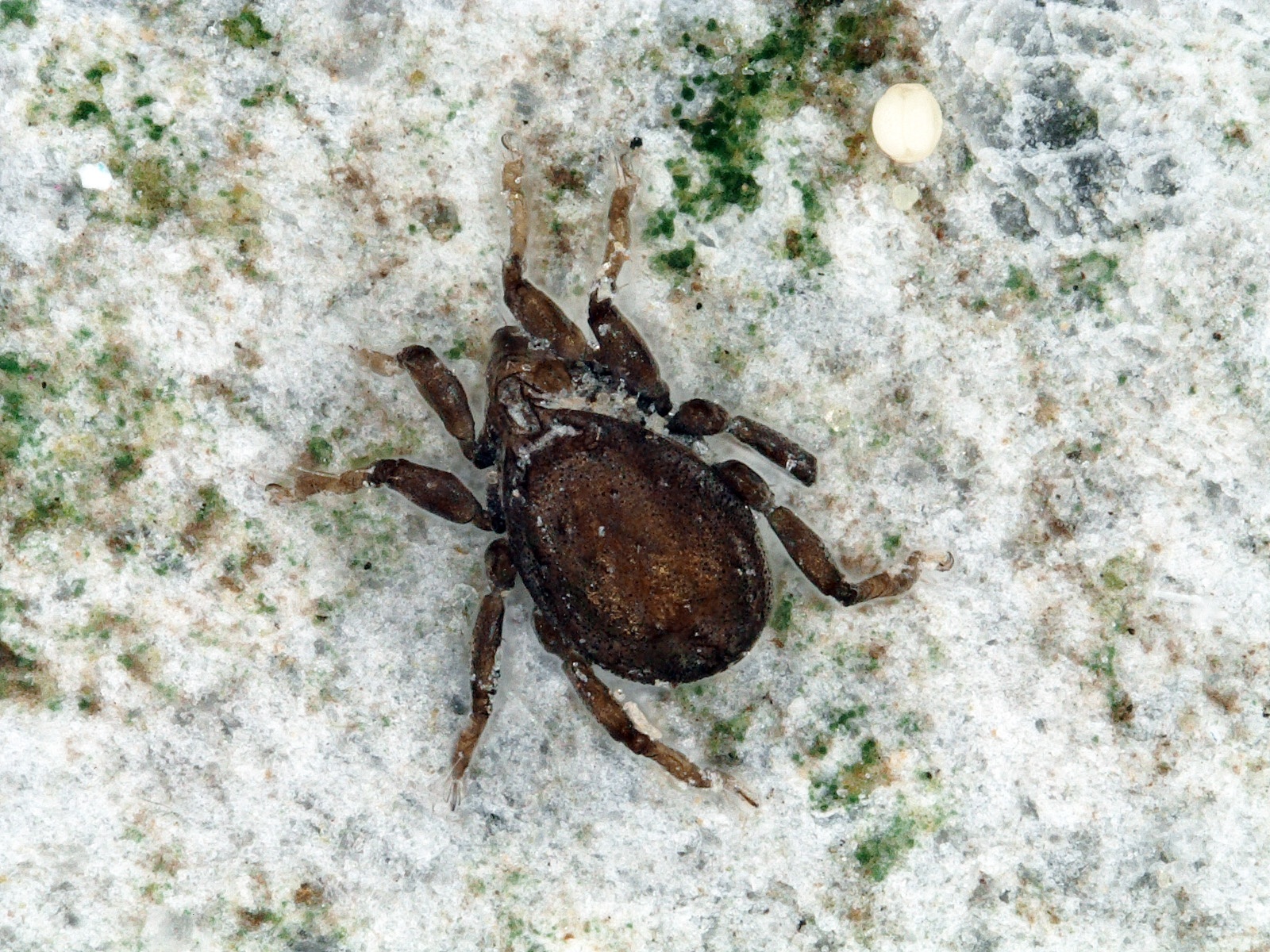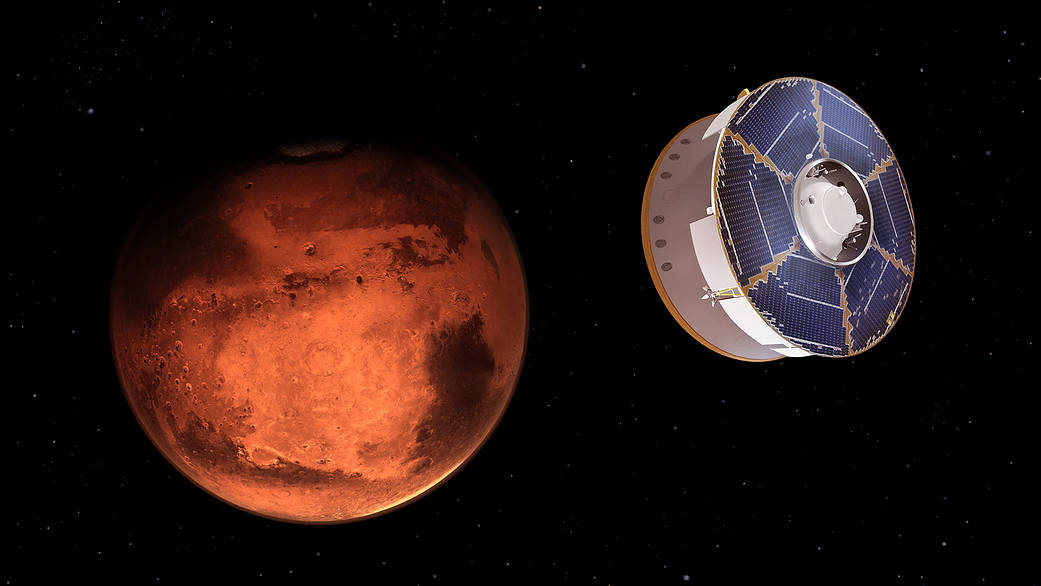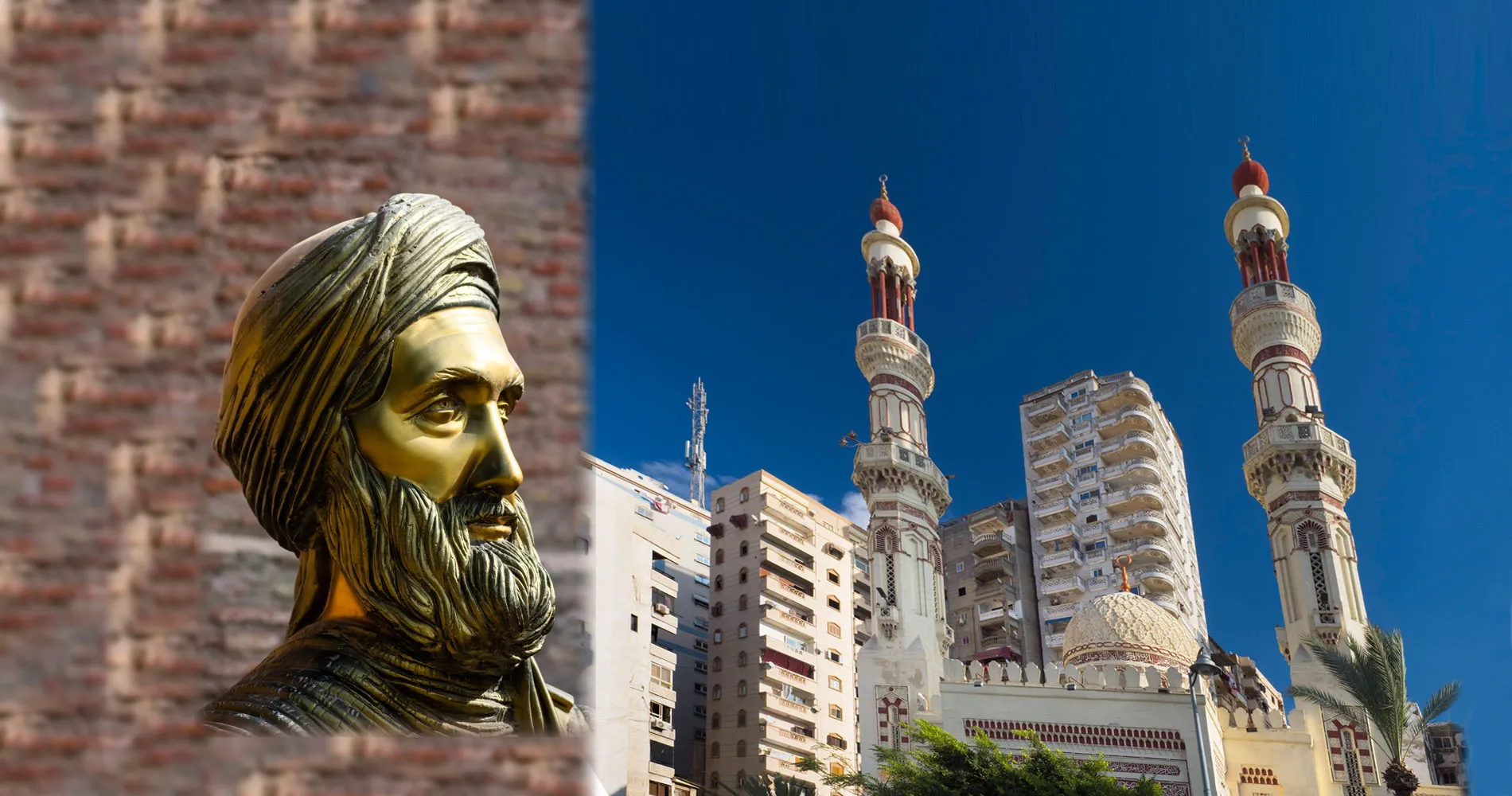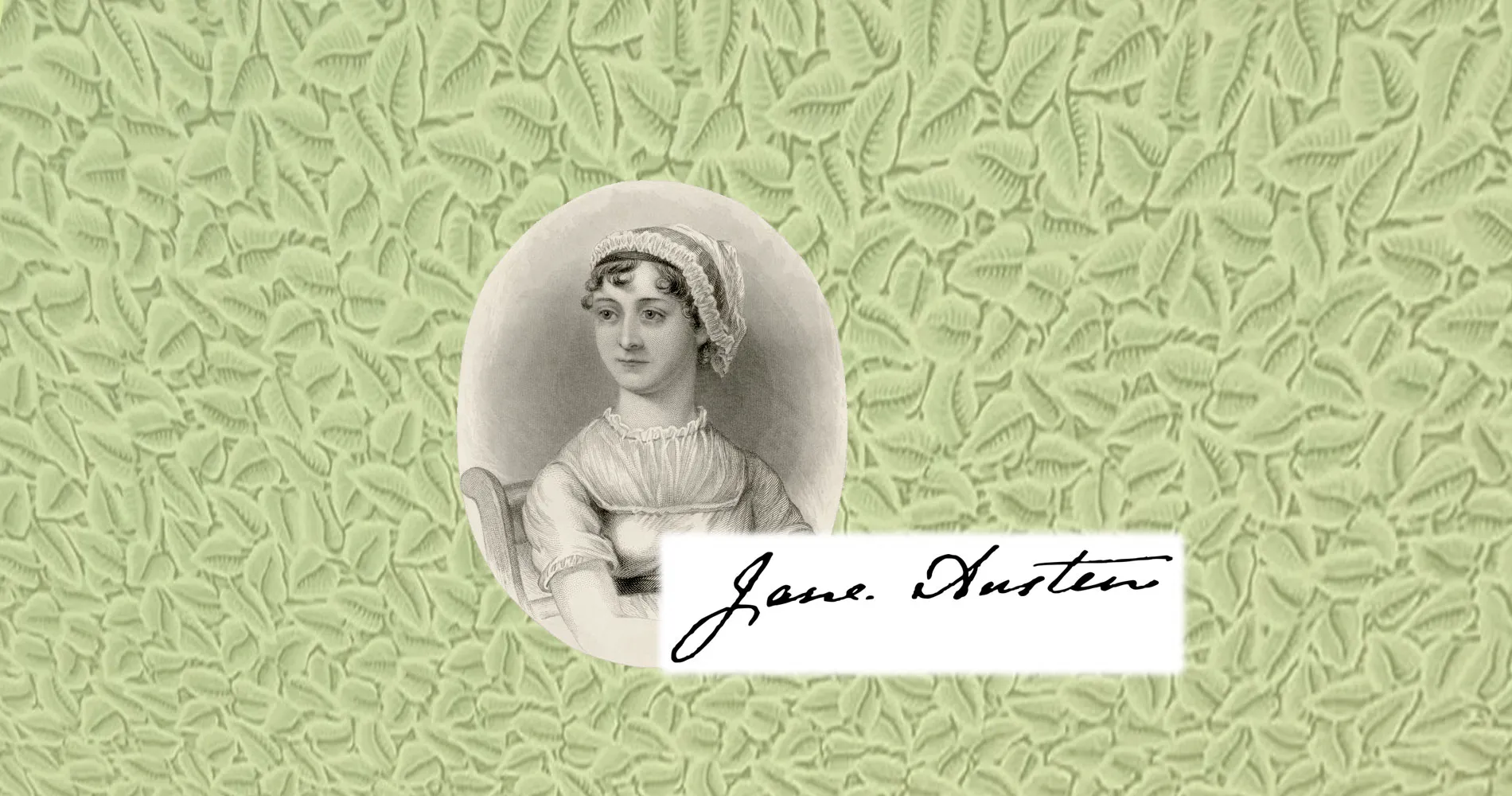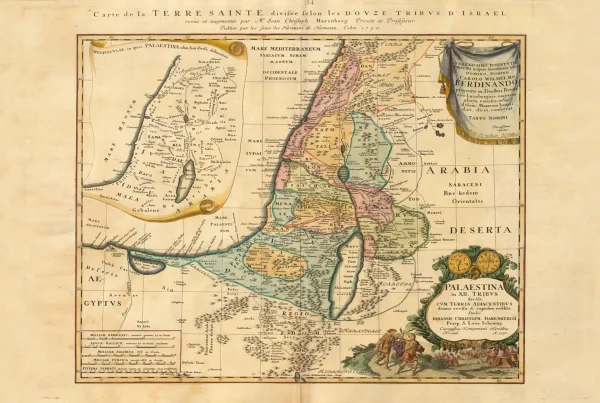Iceland, Argentina and Urugay are the main countries in which the PMSG business flourishes. These blood or vampire farms extract the blood of pregnant mares. Big pharma extracts the hormone PMSG from this blood. PMSG is used in industrial livestock farming, primarily in the pork industry, to increase the pregnancy rate of sows. No international industry standards exist to regulate this multi billion-dollar business. The EU has yet to put a stop to this practice and allows PMSG to be imported and farmed.
Daniella Vanova
5 October 2022
German version | Russian version | Spanish version
Pregnant Mare Serum Gonadotropin (PMSG), also known as equine Chorionic Gonadotropin (eCG), is a hormone found in pregnant mares’ blood between the 40th and 130th day of their gestation period. Each year, thousands of horses are raised and often artificially impregnated for the sole purpose of extracting their blood which contains PMSG. Pregnant wild mares are captured and ‘farmed’ for this same purpose. The hormone PMSG is used in biological research and in the livestock industry – mainly pork, but also cattle, sheep and goat.
This secretive practice raises many ethical questions. It is a key factor in profit maximization for the livestock industry by promoting an unnatural fast rate of reproduction within sows. The use of this hormone gives sows no time to recover after pregnancy. In other words, PMSG is used to increase the rate at which sows can conceive. It also increases the number of offspring. Breeders are promised more money, less work and more pregnant animals.
In order to keep livestock producing at this unnatural rate, female horses (mares) are continuously kept pregnant to have their blood extracted as often as possible. The mares are killed as soon as they no longer can become pregnant, but often die of malnutrition and sickness.
The products containing PMSG include: Fertipig (Ceva Santé Animale (France)), Fixplan (Syntex S.A. (Argentina)), Folligon (Intervet/Merck Animal Health (origin Europe)), Gestavet (Laboratorios Hipra (Spain) – origin South America), Novormon (Syntex S.A. (Argentina)), P.G. 600 (MSD Animal Health, origin Europe), Pregmagon Ceva Tiergesundheit GmbH (Germany, origin Europe), Suigonan (Intervet/MSD Animal Health, origin Europe), Syncrostim (Ceva Santé Animale (France), origin Europe).
Tens of thousands of horses are systematically tortured for this blood business. The inhumane process causes the mare to lose a significant amount of blood amounting to as much as 10 liters in a single extraction – roughly a fourth of the horse’s blood. This can cause the horse to go into shock and/or develop anemia. It also compromises the welfare and the immune system of the mares and ultimately kills 30% of the mares involved.
It is hard to convey in words the brutality and cruelty the workers show towards these horses – which are considered walking blood factories to be exploited and then tossed away. The mares are restrained in a tiny box with their heads tied up high, before a large-bore cannula (diameter 0.5cm) is inserted into their jugular vein. The horses have no way to escape and are beaten with long sticks, clubs, metal rods and wood blocks. Horrible bite marks on the wooden doors and the terrified look in the mare’s eyes are proof of the enormous stress and pain the horses suffer during the blood extraction process. The horses are beaten repeatedly before during and after the process. Dogs are used to restrain and frighten the already traumatized horses. Injured mares are kept in the blood collection process and are not euthanized.
As inhumane as this process already is, the long duration of this procedure, which can last up to three hours, is cruel in and of itself – stressing the semi-wild and wild horses. Once the extraction cycle is complete, workers induce an abortion by destroying the sac that is holding the unborn fetus. Once adult mares are unable to conceive, they are sent to the slaughterhouse. Male foals, born as a by-product to this business, are immediately sent to the slaughterhouse.
Investigations into PMSG facilities have proven that the horses are not given enough food, nutrition and water. They have no adequate shelter or dry resting areas and are not provided any veterinary support. The facilities are run without adequate administrative supervision. Animal wellbeing is irrelevant – only profit maximization counts. 100 grams of the hormone is worth c. USD 900 000.
In the US, blood farms are poorly regulated by the USDA. The facilities are almost never inspected – hence no one is held liable for violating the Animal Welfare Act. On top of this, these blood farms are located in remote rural areas to ensure that access is difficult. Dr. Cabanas, president of the National Animal Welfare Committee in Uruguay, has highlighted how pharmaceutical companies take advantage of the fact that many countries do not regulate the PMSG industry.
These blood farms are located mainly in the US, Latin America (Argentina and Uruguay) and Iceland. Germany has one blood farm in Thuringia. In Uruguay more than 10 000 blood mares exist on large blood farms which have been in operation for over 30 years. The Uruguay blood farm Biomega S.A., located in the province of Cerro Largo and owned by the veterinarian Martin Bocking, has received subsidies from the Uruguayan government and the Mercosur alliance.
Iceland, which prides itself as top destination for nature-based tourism, is Europe’s main producer of PMSG. The EU is the main destination for Icelandic PMSG. Iceland has operated blood farms for over 40 years and is home to over 100 such farms which extract the blood of pregnant Icelandic horses. It is estimated that c. 5400 horses are harvested each year. Iceland’s largest pharmaceutical trading company – Isteka ehf – acquires this blood from independent farms. The blood is then turned into PMSG powder and sold to pharmaceutical companies worldwide. Iceland’s secret was exposed by the documentary film “Iceland – Land of the 5 000 Blood Mares” in November 2021.
No international or industry guidelines exist which regulate the PMSG business. Some have recommended that “no more than 10% of a horse’s total blood volume should be extracted every 3 to 4 weeks.” Shockingly, in Iceland, between 15 and 20% of the mares’ total blood volume is removed per week.
Numerous alternative synthetic drugs already exist that fulfill the same purpose as PMSG. The use of these drugs would stop the torture of these horses on vampire farms. It is clear that the use of PMSG in farmed animals does not serve a medical purpose, only an economic one. It is a multi-billion dollar business, where big pharma and big farms profit.
Within Iceland, a growing opposition towards this blood industry is forming. The opposition People’s party has called on the parliament to impose a ban. The European institutions, notably the European Parliament and European Commission, have reacted to PMSG – though with different courses of action. After a 2016 investigation into the production of PMSG in South America, the European Parliament called on an import ban on any hormone that has been the product of torture – including PMSG. The European Commission has recently noted its serious concern about the treatment of horses farmed for blood. Yet until action is taken, the bloody PMSG business continues to flourish.
In late March 2022, an international coalition of 17 NGOs submitted a complaint against Iceland to the European Free Trade Association (EFTA) Surveillance Authority (ESA). ESA monitors compliance with European Economic Area (EEA) rules in Iceland, Liechtenstein and Norway. Iceland is accused of breaching EEA law by not protecting animals used for scientific purposes. It calls for an Icelandic ban on blood collection.
At present the EU does not require farmers or supermarkets to declare which products were produced using PMSG. As public awareness grows, pressure on politicians is increasing. Many are now demanding more transparency and a legal framework to protect consumer rights and animal welfare.
It is time for the EU to ban the import of horse blood and PMSG and to impose animal protection standards for this business. It is also time for consumers to be told the full truth of what is being done to horses and livestock. Big pharma and big farms should not be allowed to exploit these animals any longer.





